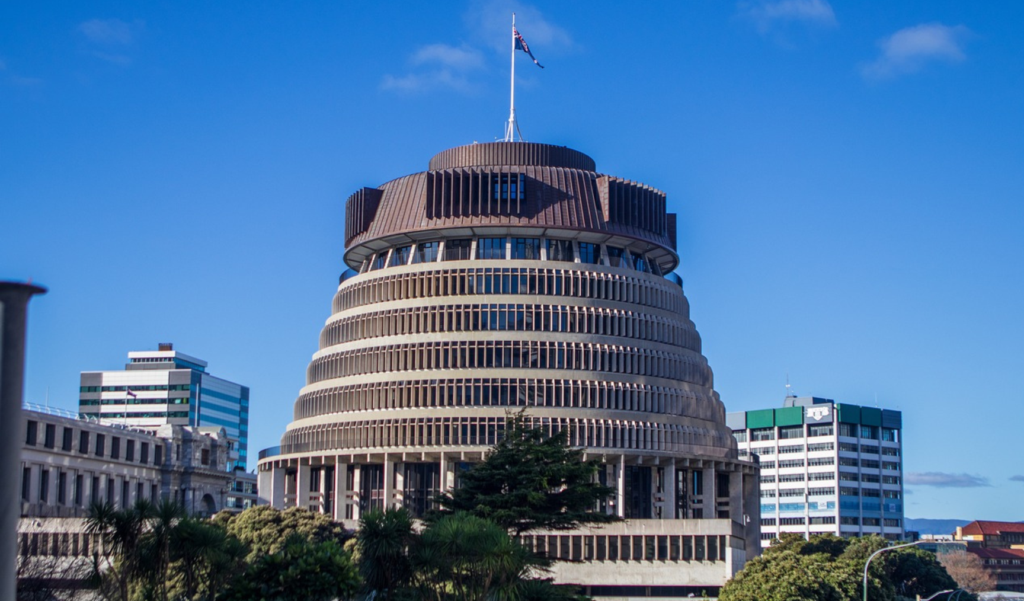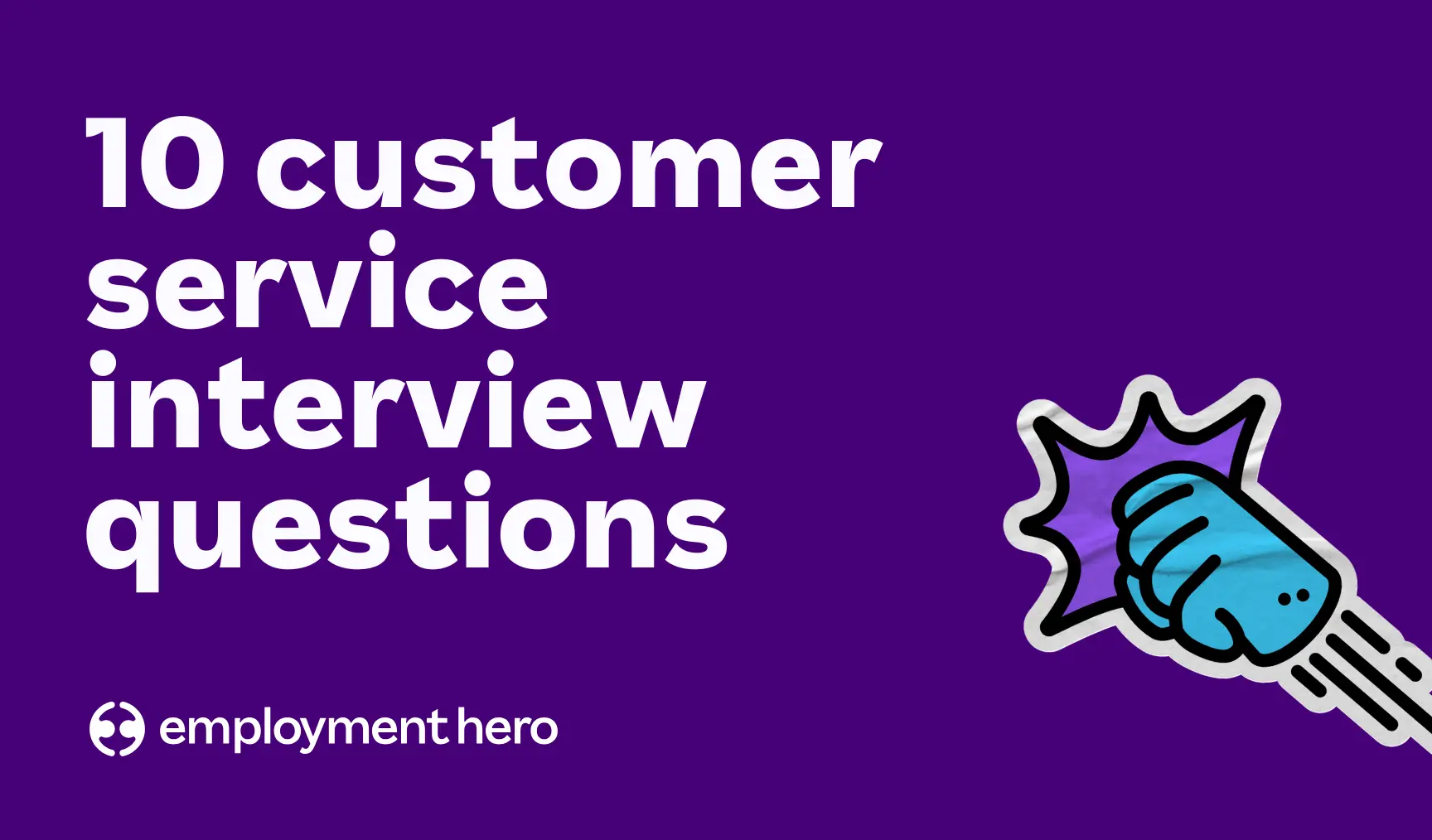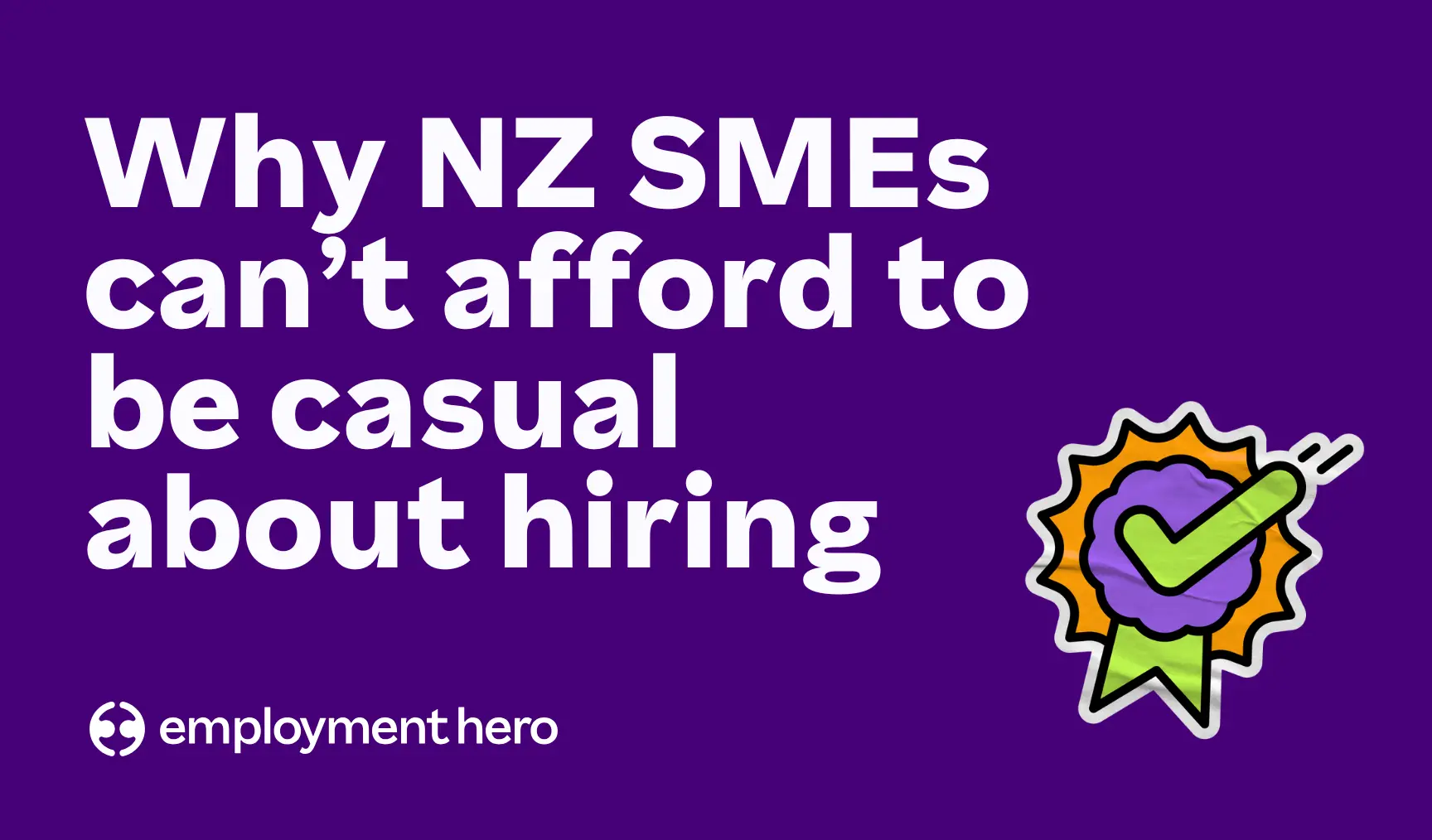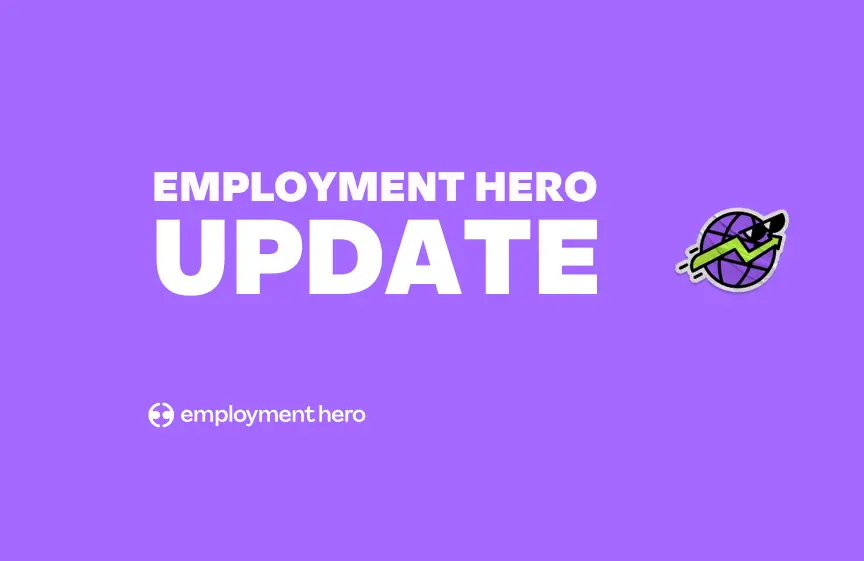No changes to the Holidays Act before the NZ general election
It has been confirmed by MBIE that the much-anticipated amendments are still in the works.

Contents
The Holidays Act (2003) is a significant piece of legislation that has set the foundation of leave and payroll in New Zealand since its introduction in 2003.
However, interpretation of the Act has caused challenges amongst New Zealand-based employers and outsourced payroll providers over the years. To address this, the Government began a process in 2018 to introduce a number of big changes.
While these changes have been outlined, it has now been confirmed by the New Zealand Payroll Practitioners Association (NZPPA) that these will not be enacted before the New Zealand general election on 14 October 2023.
What information has been released?
In communication between NZPPA and the Minister for Workplace Relations and Safety, Hon Carmel Sepuloni, Sepuloni has confirmed that the bill of proposed Holidays Act amendments will not be introduced before the election.
Sepuloni and the Ministry of Business, Innovation and Employment (MBIE) have clarified that the policy design process has been completed and that drafting of the Bill is underway and continuing. However, they believe that further work is required to ensure that it’s fully ready for employers. They cite that the Bill’s size and scope requires more time to ensure it’s accessible and simple enough to avoid the confusion experienced by some employers in regard to the current Act.
What does this mean for employers and payroll practitioners?
In short, hold tight. The earlier predictions were for the Holidays Act amendments to be in place in early 2023, but that is no longer the case.
For now, it’s critical that employers and payroll practitioners continue to do their best to stay compliant with the Holidays Act as it stands currently. That means ensuring the correct leave entitlements for employees, as well as payroll and PAYE calculations. Check out our guide to navigating the current Holidays Act (2003).
The next few months could see some significant changes to the New Zealand employment law landscape. It can never hurt employers or payroll professionals to remain aware of the potential changes on the horizon – however far away that horizon may be.
We’ve listed some of the proposed changes to the Holidays Act below.
What are the proposed changes to the NZ Holidays Act?
There are a number of proposed changes to the Holidays Act – here are the main ones that will likely have the biggest impact on employers and payroll practitioners across New Zealand.
Annual holidays payments will be calculated differently
What is currently in place:
Annual holidays payments are currently paid at the greater of Ordinary Weekly Pay (OWP), or the Average Weekly Earnings (AWE) over the last 12 months.
What could change:
The proposed changes add one additional calculation – that annual holidays payments can also be paid at the average weekly earnings over the last 13 weeks.
Employees will be entitled to some types of leave sooner
What is currently in place:
This will be a big one for employers. Many types of leave in New Zealand require employees to have worked for their employer for a certain period of time before they can be taken.
What could change:
When it comes to annual leave, employees are entitled to four weeks after 12 months of employment with their employer. For family violence leave, bereavement leave and sick leave, employees need to have worked for at least six months with their employer.
Under the new changes, employees will be entitled to bereavement and family violence leave, as well as start accruing sick leave, from their first day in the company. Annual leave will be permitted in the amount they would be eligible for on a pro rata basis.
Pay as you earn (PAYE) details will be clarified
What is currently in place:
There has been some confusion in the past over how PAYE applies to ‘intermittent’ or ‘irregular’ work.
What could change:
The new recommendations will have a clearer definition of this type of employment. Employers also won’t be able to pay PAYE for employees on a fixed term contract of less than 12 months.
Parental leave will no longer affect annual leave pay on return to work
What is currently in place:
At the moment, every employee who takes parental leave receives reduced annual leave pay for leave they have become entitled to during or in the 12 months following their return to work. This is known as the ‘parental leave override’.
What could change:
Under the suggested changes, this override will be scrapped and returning employees will be paid the full rate for annual leave.
Here at Employment Hero, we’ll keep you up to date with any news regarding employment law, as and when we receive it. Thanks to our friends at NZPPA for this important Holidays Act information.
For more employment law updates, check out our quarterly factsheet.
Disclaimer: The information in this article is current as at 9 August 2023, and has been prepared by Employment Hero Pty Ltd (ABN 11 160 047 709) and its related bodies corporate (Employment Hero). The views expressed in this article are general information only, are provided in good faith to assist employers and their employees, and should not be relied on as professional advice. The Information is based on data supplied by third parties. While such data is believed to be accurate, it has not been independently verified and no warranties are given that it is complete, accurate, up to date or fit for the purpose for which it is required. Employment Hero does not accept responsibility for any inaccuracy in such data and is not liable for any loss or damages arising either directly or indirectly as a result of reliance on, use of or inability to use any information provided in this article. You should undertake your own research and to seek professional advice before making any decisions or relying on the information in this article.
Related Resources
-
 Read more: 10 customer service interview questions for employers
Read more: 10 customer service interview questions for employers10 customer service interview questions for employers
Hiring for a customer service role? These 10 interview questions will help you find the right person for the job.
-
 Read more: Still Coasting? Why NZ SMEs Can’t Afford to Be Casual About Hiring
Read more: Still Coasting? Why NZ SMEs Can’t Afford to Be Casual About HiringStill Coasting? Why NZ SMEs Can’t Afford to Be Casual About Hiring
The casual approach to hiring is costing you – find out how to snap out of it.
-
 Read more: SEEK Cut the Cord. Here’s What We’re Doing About It.
Read more: SEEK Cut the Cord. Here’s What We’re Doing About It.SEEK Cut the Cord. Here’s What We’re Doing About It.
Seek is ending Employment Hero’s API access. Read about what we’re doing and how we are building a faster and…











